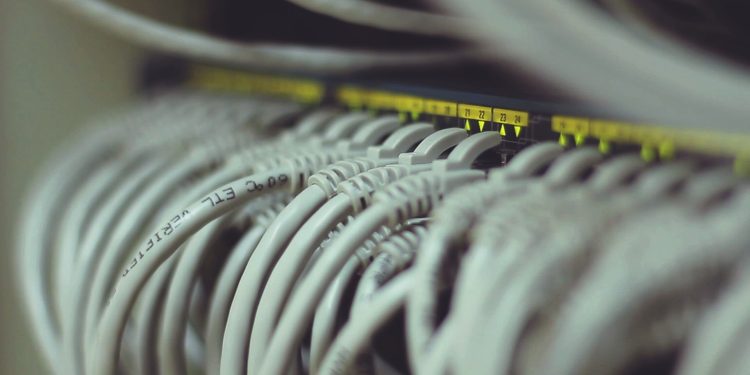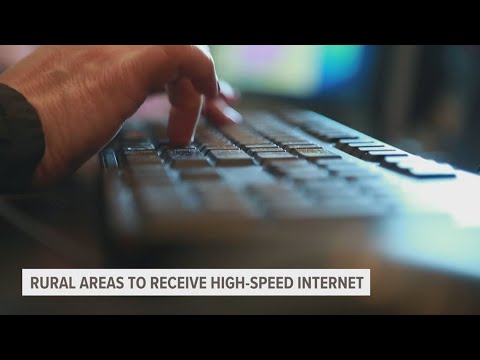Over $20.5 million in government funds have been given to Michigan to help hundreds of thousands of people get faster internet. Michigan is the second state in the country to receive this grant.
The money is part of the $1.44 billion State Digital Equity Capacity Grant Program, and its goal is to help Michigan people who don’t have the same access to the internet get it.
A news release from the Michigan Department of Labor and Economic Opportunity says that a lot of the money will go to the Michigan Inclusive Training, Technology, and Equity Network. This is a new plan by the state to set up “regional resource hubs across the state.”
Residents can also get help from “Digital Navigators,” who are there to “overcome barriers to internet use and enhance digital skills by providing crucial information and resources.”
Allie Herkenroder, who is in charge of digital justice for the Michigan High Speed Internet Office, says that the money is an important next step toward making wifi available to everyone.
If you’re not in a situation where you can’t connect to the internet, you don’t think about it. “Our goal is for you not to have to think about it every day,” Herkenroder said. “Being able to make sure that if folks need support with digital skills, they have the ability and the knowledge and resources to be able to obtain those digital skills and essentially help meet the needs of the individuals, whatever those may be.”
Herkenroder’s team spent all of 2023 working on what they call a “Digital Equity Plan.” They talked to people all over the state about the problems they have getting online. The Digital Equity Plan is a direct result of the feedback that was given.
“Digital equity is very specific to each person and area.” That’s how our digital equity plan is set up to mirror that. “So if there are needs for workforce development in the Grand Rapids area, we think our funding will be able to help with that,” Herkenroder said. “The goal is to help meet the needs of each region in the state, for whatever region, for whatever those needs are.”
“We have created a structure that allows for that individuality to flow throughout the different parts of the state,” Herkenroder said.
Herkenroder said that most of the problems with Michigan’s internet connections are not noticed. A map released by Connected Nation, a group working to improve and expand internet access, shows that many houses in West Michigan are either not served at all (speeds of less than 25 Mbps) or not served at all (speeds between 25 Mbps and 100 Mbps).
Because of these differences, people across the state have different online experiences, and many of them don’t even realize it.
“Almost everyone has probably come into contact with the digital divide and not know,” she said. “Digital equity is really this holistic goal of being able to make sure that not only can people utilize the internet for the fun things, like movies and video games, but that they can take the resources that are available to them online and apply them to direct meaningful change to help better their lives.”
Herkenroder said that problems start to show up when people can’t connect to the internet or have to rely on it.
“We all saw what happened to our state when we didn’t have internet in 2020. Many students couldn’t do their homework.” Shekenroder said, “We saw how many people lost their jobs because they couldn’t do their duties outside of work.” Everywhere we look, the digital gap is having an effect on things in ways we might not expect. I talked about education. I talked about the workers. Again, cybersecurity is something that many people don’t always think about.
“If you don’t have the knowledge to know that you’re getting spammed or you’re under a phishing attack, you are directly impacting your life,” Herkenroder said. “These dollars will help us close the digital divide that is present in Michigan so that everybody can utilize the internet for the best of its ability.”



